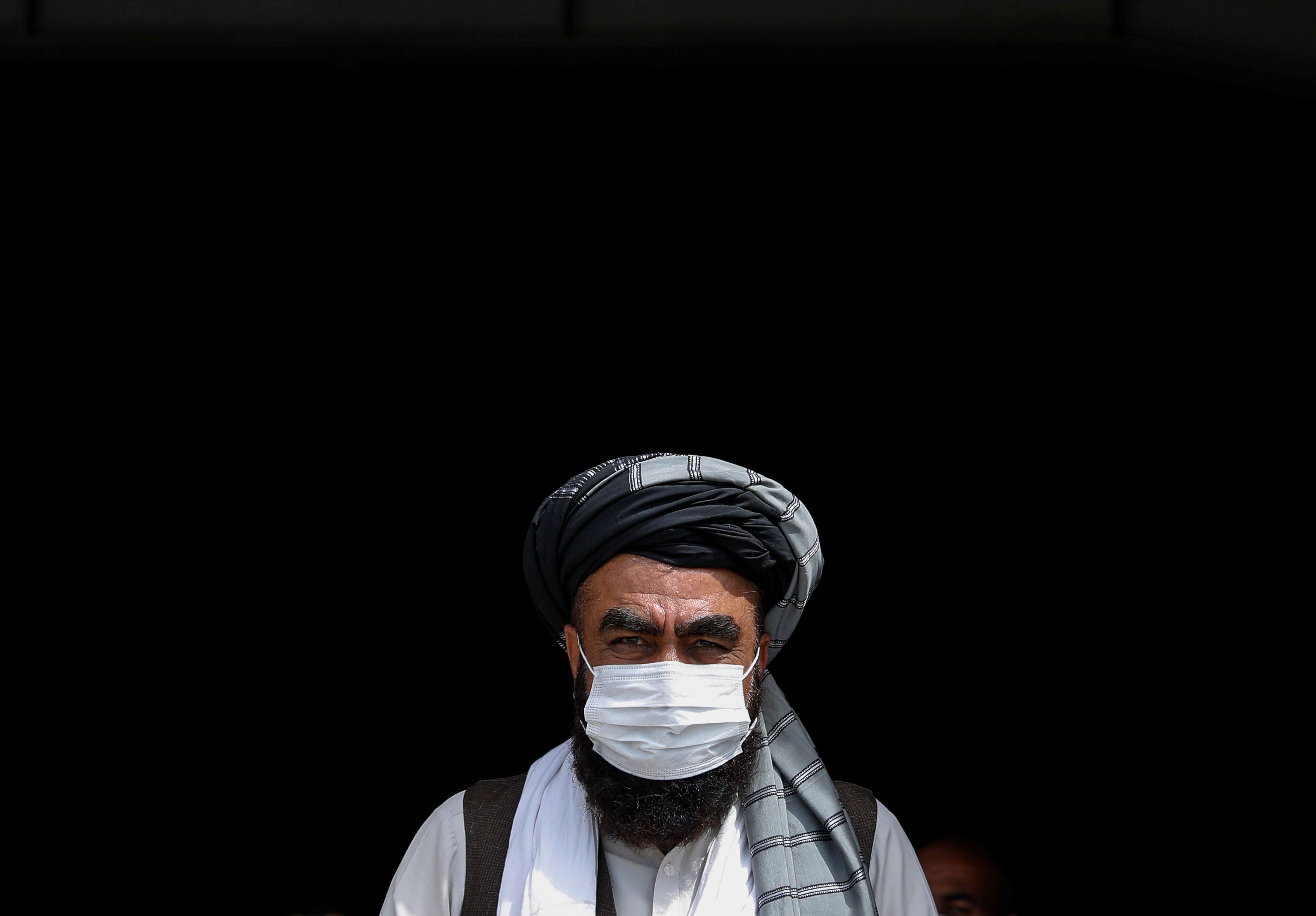Science & Tech
April 22, 2020
Iran exports virus to ailing Afghanistan: As Iran grapples with one of the largest COVID-19 outbreaks in the world, thousands are fleeing to neighboring Afghanistan to escape the plague, wagering that returning to conflict-ridden Afghanistan is safer than staying in hard-hit Iran. But Afghan authorities say this trend is having the reverse effect, bringing the virus into a country that has limited resources and is hobbled by conflict. Many of the people now returning fled conflict in Afghanistan years ago in search of a better life in Iran. But as work for Afghan day laborers dried up amid coronavirus lockdowns, and news circulated about the inundation of Tehran's hospitals, some 243,000 have made the journey from Iran to Afghanistan in recent months. There are now over 1,000 confirmed coronavirus cases in Afghanistan, including an outbreak at the president's palace, and at least 40 deaths (though this is likely a gross undercount as Afghanistan only has the capacity to perform around 100 tests a day for a population of almost 39 million). Afghanistan's COVID outbreak comes at a particularly precarious time for a country that has one of the weakest healthcare systems in the world: When cases were first spreading last month, the Afghan government was negotiating a historic peace accord with the Taliban insurgent group, which includes the withdrawal of US troops. The Taliban, meanwhile, has continued to wage war, carrying out more than 500 attacks in recent weeks in provinces that are already hit by COVID-19.
Beijing cracks down on Hong Kong: It was just three months ago that millions of Hong Kongers were protesting Beijing's attempts to extend mainland control over the semi-autonomous city. Now, with the streets quiet and the world distracted by the coronavirus pandemic, China appears to be turning the screws. Last week, Beijing's local representative office asserted its right to interfere in local affairs, based on a controversial interpretation of Hong Kong's constitution. Local authorities then arrested 15 prominent pro-democracy activists, drawing rebukes from the United States. And Beijing is also calling for a new national security law that democracy activists fear could be used for further crackdowns. The mainland's muscle-flexing comes ahead of legislative council elections set for September, in which pro-democracy candidates are poised to do well, judging by the last local voting results. But if Beijing overplays its hand, it could reignite the protests — but then again, who wants to be in a massive crowd these days?
Australia calls for global probe of virus response: Australian Prime Minister Scott Morrison has been leading calls for an international investigation into the responses of China and the World Health Organization (WHO) to the coronavirus pandemic. In a series of phone calls this week, Morrison lobbied US President Donald Trump, as well as French President Emmanuel Macron, and German Chancellor Angela Merkel, to band together in demanding a probe. China is believed to have covered up the initial outbreak, while the WHO has come under fire in recent weeks for being too differential to Beijing and for dragging its feet in responding to the pandemic. President Macron rejected Morrison's appeal, saying that now is not the time for an investigation, but rather for global cooperation. Meanwhile, Morrison said that he had "a very constructive discussion" with President Trump, who has sharply criticized both Beijing and the WHO. Chinese officials responded that Morrison was simply acting as "the mouthpiece" of the Trump administration. While Canberra and Beijing have maintained strong economic ties (China is Australia's leading trade partner) the political relationship has been tumultuous in recent years, and Australia's foreign minister warned that the coronavirus fallout could cause bilateral relations to change for the worse in more enduring ways.
More For You
Can we still trust Wikipedia in an age of polarization and AI? Cofounder Jimmy Wales joins Ian Bremmer to explain why millions still do.
Can we still trust Wikipedia in an age of polarization and AI? Cofounder Jimmy Wales joins Ian Bremmer to explain why millions still do.
We can't really agree on anything, except for Wikipedia.
Most Popular
Think you know what's going on around the world? Here's your chance to prove it.
Women work in the plastic container assembly area inside the El Oso shoe polish factory, located in Mexico City, Mexico, in its new facilities, after officers from the Secretariat of Citizen Security and staff from the Benito Juarez mayor's office arbitrarily and violently remove their supplies, raw materials, machinery, and work tools on January 17 of this year following a coordinated operation stemming from a private dispute. On August 27, 2025.
Photo by Gerardo Vieyra/NurPhoto
50: Mexico’s President Claudia Sheinbaum is taking a page out of US President Donald Trump’s book, implementing up to a 50% tariff on more than 1,400 products in a bid to boost domestic production.
© 2025 GZERO Media. All Rights Reserved | A Eurasia Group media company.
